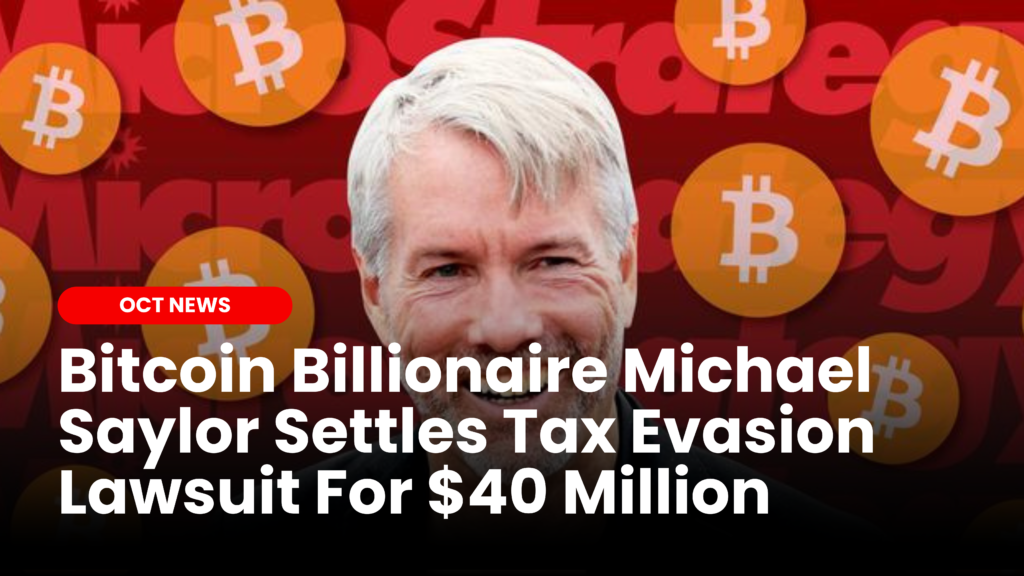October 8, 2025 , UK Financial Conduct Authority (FCA) has lifted its four-year ban on crypto exchange-traded notes (ETNs) for retail investors. The change, effective immediately, allows everyday traders to access Bitcoin and Ethereum ETNs on exchanges such as the London Stock Exchange (LSE) and Cboe UK. It is marking a major step in Britain’s post-Brexit fintech evolution and the potential uplift was announced in August
Key Takeaways
- FCA lifts 2021 ban on crypto ETNs for retail investors.
- ETNs tracking BTC and ETH now tradable on LSE and Cboe UK.
- UK joins global shift toward regulated digital asset access.
- Industry players like 21Shares and BlackRock launch retail products.
Initially imposed in January 2021, the ban reflected concerns over volatility and investor risk. But today’s decision signals that the market has matured, infrastructure has strengthened, and retail demand can no longer be ignored. FCA Executive Director David Geale called it a “measured reintroduction” that balances innovation with protection.
Regulatory Evolution and Safeguards
The 2021 UK Crypto Ban on ETNs aimed to protect retail investors from extreme price volatility and opaque product structures. Fast-forward to 2025, and market reforms. Mandatory prospectus filings, risk disclosures, and financial promotion rules have reshaped the landscape.
Firms must now provide clear warnings of total loss potential, while the FCA still restricts crypto derivatives like futures and options for retail participants. The regulator maintains that this is a “rebalanced approach,” offering opportunity without abandoning caution.
Industry bodies like CryptoUK and Crypto Valley Association praised the move as “a critical bridge between retail access and institutional-grade oversight.” Yet, delays remain likely as exchanges finalize technical listing requirements.
Market Response and Economic Impact
Within hours of the announcement, 21Shares confirmed new retail ETN listings, while WisdomTree, VanEck, and BlackRock prepared similar products. Market analysts estimate a 20% boost in UK crypto liquidity. Though trading volumes currently around £624,000 daily—remain small compared to Europe’s €26 billion ETN market.
The UK’s re-entry into regulated crypto trading comes as global inflows to digital asset funds exceed $50 billion, buoyed by 2024’s U.S. spot ETF approvals. For retail traders, ETNs offer index-style exposure to Bitcoin and Ethereum without direct custody hassles—potentially ushering in mainstream adoption within regulated rails.
Global Crypto Ban Landscape
To contextualize the UK shift to lift the Crypto Ban, global data shows that several countries are moving from prohibition to integration.
Broader Implications for Fintech and Policy
The move dovetails with Chancellor Rachel Reeves’ April 2025 draft crypto oversight bill. It is introducing stablecoin regulations, AML measures, and institutional frameworks for digital assets. London’s ambition to reclaim its fintech crown now extends into crypto, potentially catalyzing job creation and investment inflows.
Globally, experts view this as a pivotal signal—especially as U.S. policy under President Trump continues to encourage digital asset adoption. The UK’s integration could prompt regional peers to follow suit, narrowing the gap with the EU’s MiCA regime.
For retail investors, this isn’t just a policy change—it’s a gateway to participation in a $2 trillion global asset class. The FCA’s warning remains clear: crypto is high-risk, but choice and transparency now define the UK’s regulatory philosophy.



